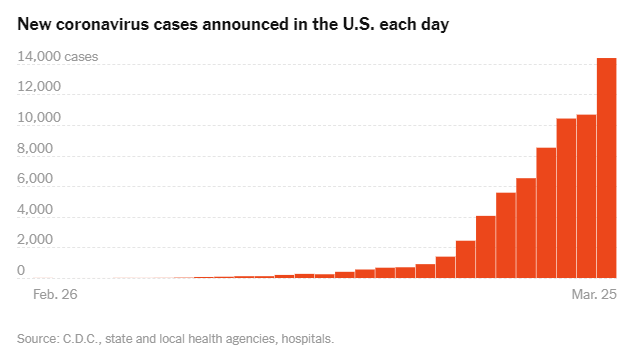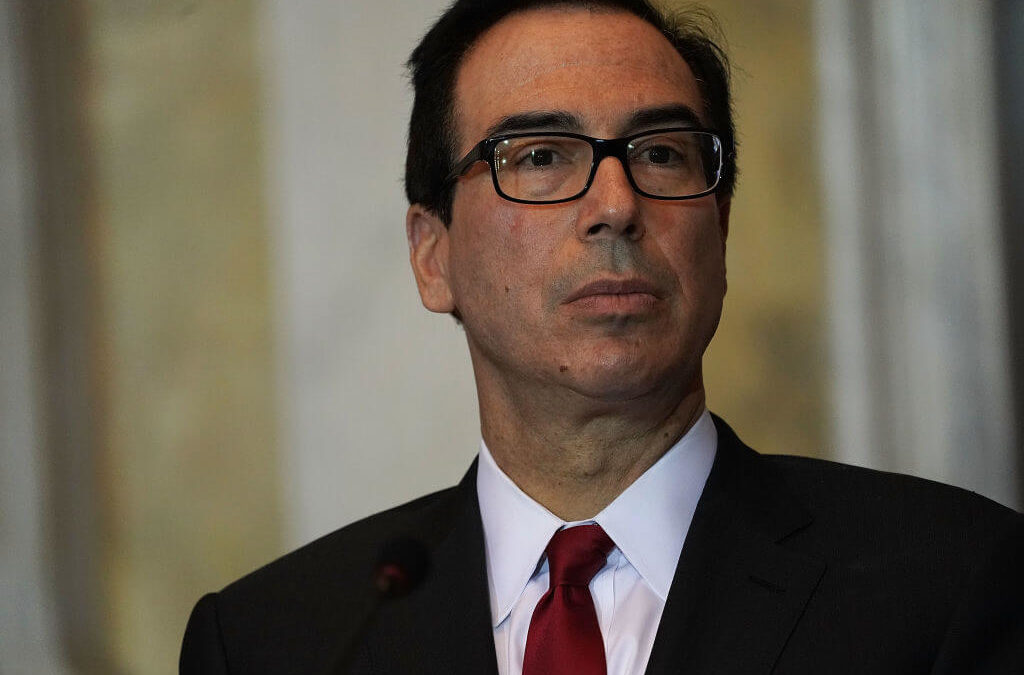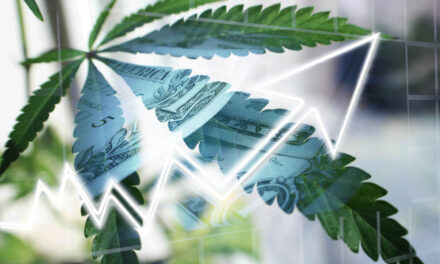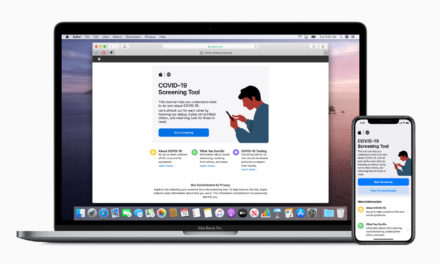Treasury Secretary Steven Mnuchin said Thursday people should start receiving their coronavirus relief checks within the next three weeks.
“Most of these will be direct deposit, so we call them checks in the mail, but it will be three weeks. We’re determined to get money in people’s pockets immediately.”
The payments are part of a $2 trillion relief package to help try and offset the damage done by the novel coronavirus pandemic which has wreaked havoc on economies around the world.
Mnuchin spoke on CNBC this morning after the Senate passed a $2 trillion stimulus package last night to get relief checks into the hands of U.S. citizens, and the House of Representatives is expected to vote on it by Friday. Senate Majority Leader Mitch McConnell called the money “emergency relief” rather than a stimulus package due to the number of people who desperately need it to pay bills and put food on the table.
Coronavirus Relief Checks Up to $1,200
The record relief bill amounts to $1,200 payments to each adult, $2,400 for couples and another $500 for each child, and is based on 2019 tax returns for those who have already filed and 2018 returns for those who have not.
The $1,200 benefits starts to decrease for individual filers making $75,000 or more, and people making more than $99,000 won’t get a relief check. Heads of household can earn up to $112,500 before the check starts getting reduced, and at $150,000 if you married and filing jointly.
For every $100 above your threshold, your relief check is reduced by $5.
“Most of these will be direct deposit, so we call them checks in the mail, but it will be three weeks,” Mnuchin said. “We’re determined to get money in people’s pockets immediately. That will be within three weeks.”
The relief checks come as initial claims for unemployment for the week ending March 21 jumped to a staggering 3.3 million, crushing the previous record of 695,000 set way back in 1982, according to the Department of Labor.
“I just think these numbers right now are not relevant,” Mnuchin said of the unemployment figures, which are sure to continue surging as long as cities and states are locked down to try and prevent the continued spread of the coronavirus.
Nearly every state in the country has declared a state of emergency as cases continue to rapidly rise. As of this morning, there are 68,534 cases in the U.S., its three territories and Washington D.C., with at least 990 deaths so far.
The largest clusters are in New York City, along the Gulf Coast, particularly in Louisiana, and in the Pacific Northwest.

Per The New York Times




